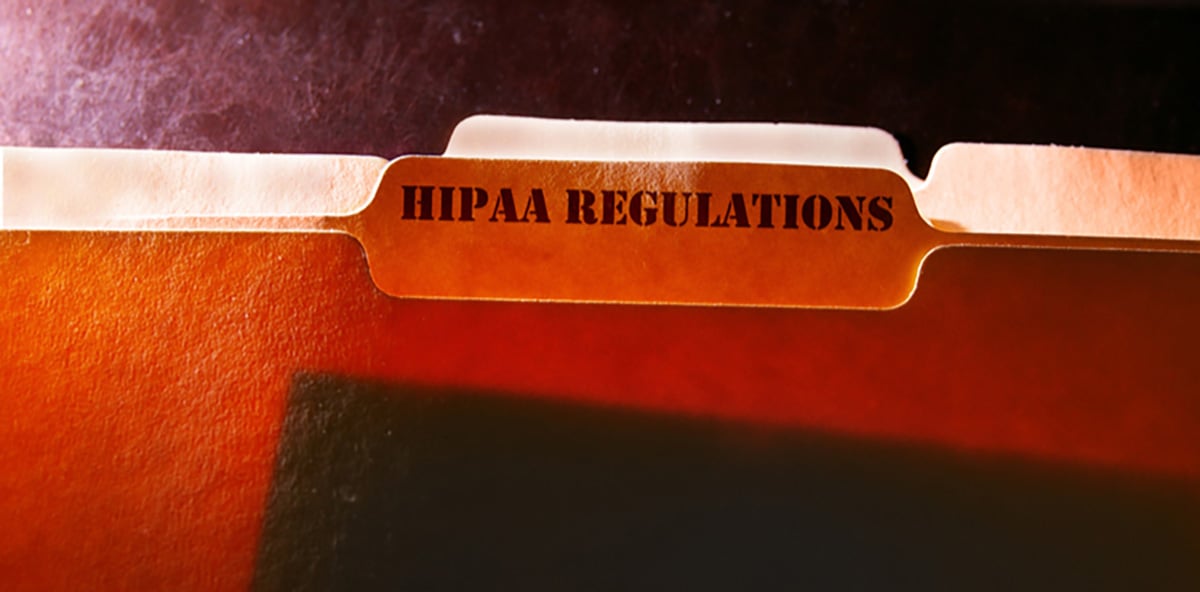

IT & technology professionals

Workers' compensation covers the costs of work-related injuries and illnesses, like medical bills and lost wages. Here’s how workers’ comp insurance works, and what you need to know as a business...

Thank you for being the economic backbone of our communities. Behind every small business is a story of independence and resilience, from late nights and big ideas to the courage to bet on yourself....


A sole proprietorship is a business that’s owned and operated by one person, while a limited liability company (LLC) can be formed by an individual or a group of entrepreneurs. Each has their own...




As a business associate, you may have HIPAA liability if healthcare businesses hire you, or if you perform services involving Personal Health Information (PHI). Because HIPAA violations can lead to...

Cash flow refers to the movement of money in and out of your business in real time. It includes money coming in from sales and money going out for expenses. Without healthy cash flow management, your...


Penetration testing (pen testing) is key to qualifying for cyber insurance, as it helps businesses identify and fix vulnerabilities before cyberattacks occur. Many insurers require regular pen tests...

For most small businesses, having a reliable team of employees is essential. But instead of hiring employees on a full-time basis, you might find that contingent workers, or temporary employees, are...



Miscommunications, data breaches, and poor business protocols can lead to costly lawsuits for information technology consultants. Reduce your risk by protecting yourself with errors and omissions...

Errors and omissions (E&O) insurance can cover your legal expenses if an unsatisfied client sues your business for any mistakes or oversights. Anyone who provides professional advice or services to...


Want free expert advice right in your inbox?
By entering your email address and subscribing, you agree to our Terms of Use and Privacy Policy